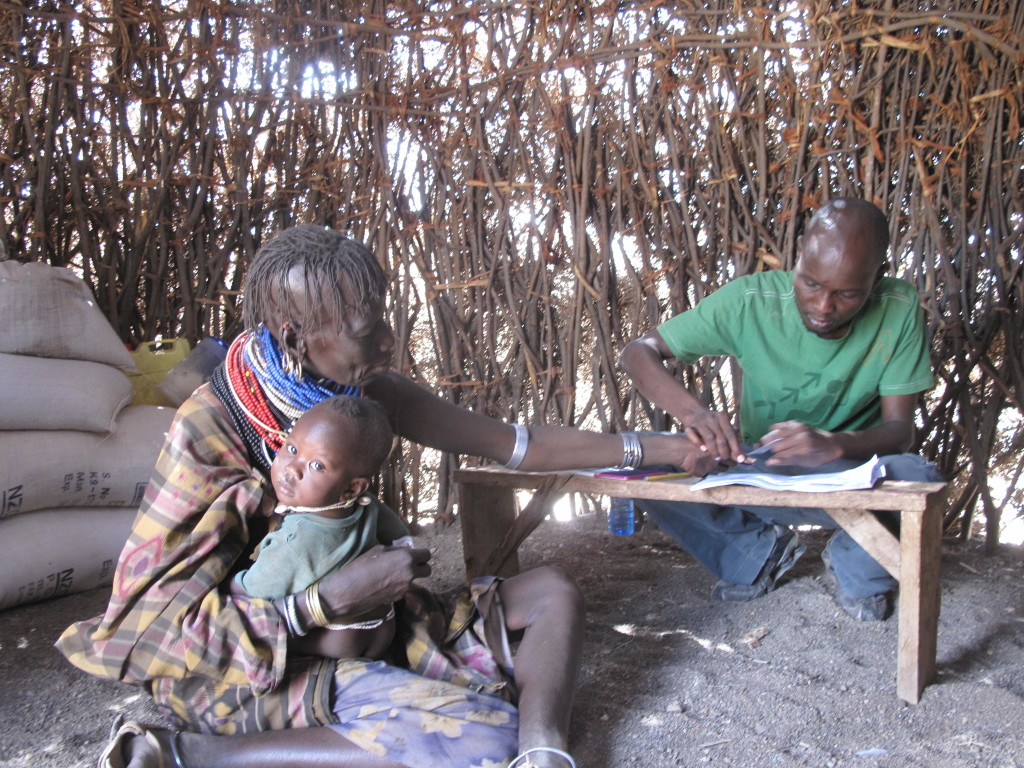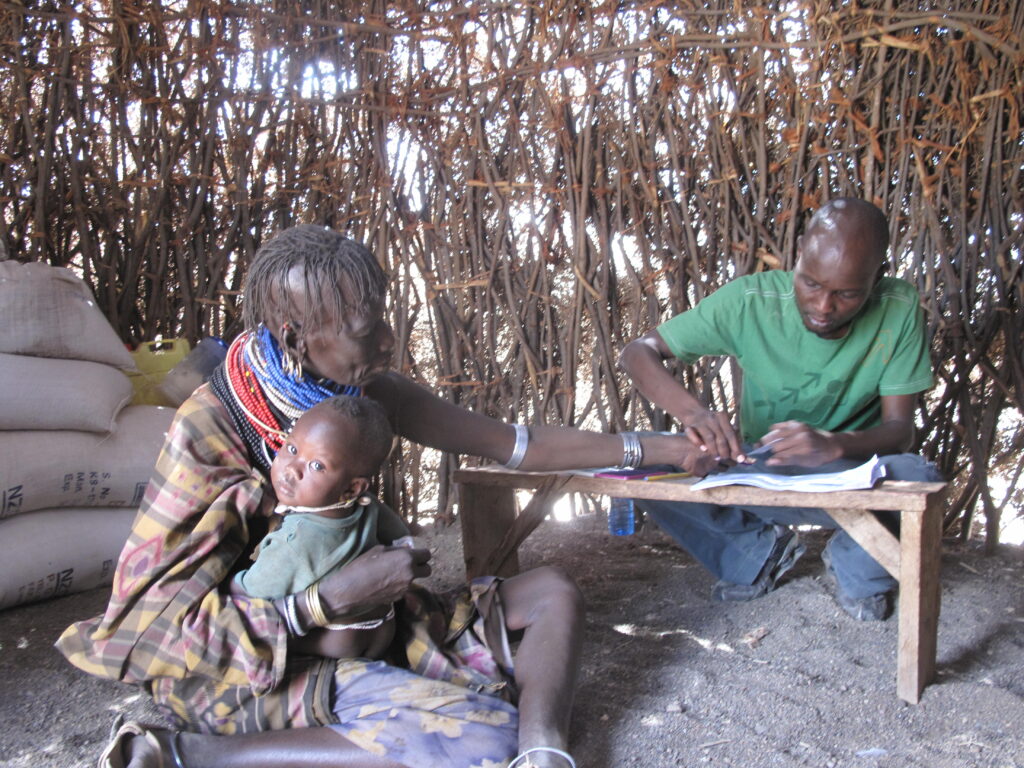
Conditional cash transfer programs are a common poverty reduction tool used by many governments and nonprofits in their development aid programs. These direct transfers of cash to individuals, are conditional on meeting and adhering to certain criteria, such as enrollment in school. But in 2011, GiveDirectly became the first NGO to provide unconditional cash transfers, operating within Kenya and Uganda. This opened the dialogue within the international development community over the relevance and efficiency of different types of cash transfers.
Enthusiasm for unconditional cash transfers may be unduly influenced by the benefits they provide development agencies and NGOs. Costs of aid are cut down since unconditional transfers don’t require enforcement, making the distribution of funds appear efficient. However, this does not accurately consider their overall efficacy. While efforts have been made to quantitatively assess the effectiveness of unconditional cash transfers, the scope of research has been limited.[1]
To properly analyze the efficacy of unconditional cash transfers, three issues must be examined: the consumption patterns of households that receive them, aggregate impacts on communities, and whether these impacts remain over time, after the unconditional transfers have ceased.
Evaluations of unconditional cash transfers have provided insight into the consumption habits of individuals and households. Within the development community, a common stance is that cash transfers not bound to conditions will lead to an increase of spending on “temptation goods”, such as cigarettes and alcohol. However, a comprehensive research paper published by the World Bank found that in nearly all cases, spending on temptation goods did not increase. This bolsters the pro-unconditional argument that these cash transfers give individuals the freedom to use the money where they need it most; just because they have the agency to make that decision does not mean they’ll squander the money.
But while this research supports individual discretion over money distribution, it does not address underlying effects of unconditional transfers on developing communities. The lack of long-term research means that there hasn’t been analysis of the residual effects of unconditional cash transfers on consumption and saving. More research needs to be done to better understand how unconditional cash transfers interact with these factors—especially because current studies indicate that these long-term properties may negate the short-term advantages.
One of the seminal studies on unconditional cash transfers was based on collaboration between Innovations for Poverty Action (IPA), a non-profit research organization, and GiveDirectly. The 2011-2013 randomized study looked at approximately 1500 households in the Nyanza province of Kenya that received unconditional transfers. While it did find benefits to individual families, the scope of the study did not allow for conclusions about benefits to the villages as a whole.
Furthermore, large differences in spending patterns arose when households were given lump sum transfers versus monthly ones. Consumption and investment in durable goods and assets rose significantly with lump sum, while individuals given monthly transfers invested significantly less. The authors’ analysis attributes this to difficulties households encounter with savings and investment.
Underlying problems with savings and investment implies that over a longer period, the gains from all unconditional transfers will be lessened drastically. Unconditional cash transfers seemingly fail to further financial inclusion (access to basic financial services such as banking) and are adversely affected by the lack of basic financial infrastructure. While long-term impact analysis is necessary to better understand this dynamic, the outcome of the study certainly raises ample concern.
Despite these shortcomings, unconditional cash transfers may have potential as a tool for humanitarian assistance instead of development assistance. David Miliband, CEO of the International Rescue Committee and former UK Secretary of State for Foreign and Commonwealth Affairs, suggests that there is a disconnect between humanitarian and development aid, with a disproportionate focus on the latter.[2] The nature of unconditional cash transfers may offer a way to ameliorate this discrepancy. In areas that lack any degree of functioning political institutions, traditional aid that relies on interaction between local governments and development agencies is not possible. Unconditional cash transfers can be given directly to recipients, and therefore may be able to address dire short-term needs, such as food security.
Ultimately, it’s unclear what role – if any – unconditional cash transfers should have in international development. The most promising approach would be to integrate these transfers with other development initiatives that attempt to address institutional and structural weaknesses. For example, mobile money is often used to promote greater financial inclusion by providing mechanisms for transfers, without the need for traditional banks. Theoretically, further integration of mobile money platforms with cash transfers may mitigate some long-term difficulties in saving and investment (although current research generates some skepticism over this claim).
Proponents of unconditional cash transfers focus on the successes of how individuals allocate and use these funds—the short-term effects. They largely neglect the bigger picture: that structural shortcomings may negate the transfers’ efficacy and that transfers may have little effect on the overall welfare of communities. Current research indicates that unconditional transfers fail to address fundamental institutional factors, which in turn mitigate their efficacy.
Any decisive conclusions, though, require long-term research. In the meantime, it would be irresponsible not to consider that unconditional cash transfers may create short-lived gains to individuals and households, rather than long-term development.
[1] A rigorous and effective analysis is hindered by the limitations of current research. Namely, a lack of long-term research hinders any important comparisons of the short-term and long-term effects of unconditional cash transfers.
[2] Miliband, David. Los Angeles. 22 Oct. 2015.
The views expressed by the author do not necessarily reflect those of the Glimpse from the Globe staff, editors or governors.
Correction: The previous version of this article wrongly stated that GiveDirectly became the first NGO to give unconditional transfers in 2008. The correct year is 2011. Additionally, the article stated that GiveDirectly’s study in the Nyanza province of Kenya found “no significant benefits to the village as a whole.” While not inaccurate, the study was not designed to look at village-level effects.










